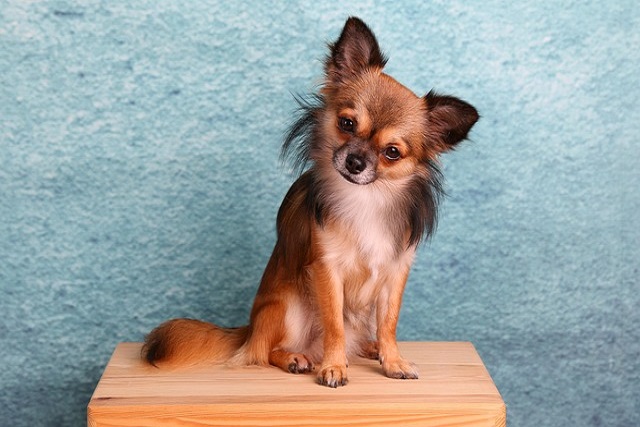
Would veterinarians recommend using dental cleaning sticks for pet dogs
If you’ve ever stood in the pet store, staring at a wall of dental chews while wondering if they’re worth the money, you’re not alone.
How do dogs get kennel cough? For new dog owners in the US, this question often comes up when planning a boarding stay, a trip to the dog park, or a visit to the groomer. Kennel cough sounds concerning, but understanding how it spreads helps you protect your furry friend from this common respiratory condition.
Kennel cough, technically called canine infectious tracheobronchitis, is a highly contagious respiratory infection caused by bacteria (most often Bordetella bronchiseptica) or viruses like parainfluenza. It spreads through airborne droplets, similar to how colds spread among humans. When an infected dog coughs, sneezes, or even breathes heavily, tiny germ - filled droplets float in the air. Your dog can inhale these droplets, especially in close spaces. It can also spread through contact with contaminated surfaces: if an infected dog licks a water bowl or a toy, your dog might pick up the germs by touching the same item and then licking their nose or mouth. This is why places with lots of dogs in close quarters are hotspots—think boarding kennels, doggy daycares, training classes, or even busy dog parks.
From a behavioral perspective, dogs are social creatures, so they’re naturally drawn to interacting with other pups, which increases exposure risk. Puppies, senior dogs, or those with weak immune systems are more vulnerable, but even healthy adult dogs can catch it. The incubation period is usually 2–14 days, meaning your dog might seem fine for over a week after exposure before showing symptoms like a dry, hacking cough (sometimes described as a “goose honk”), retching, or a runny nose.
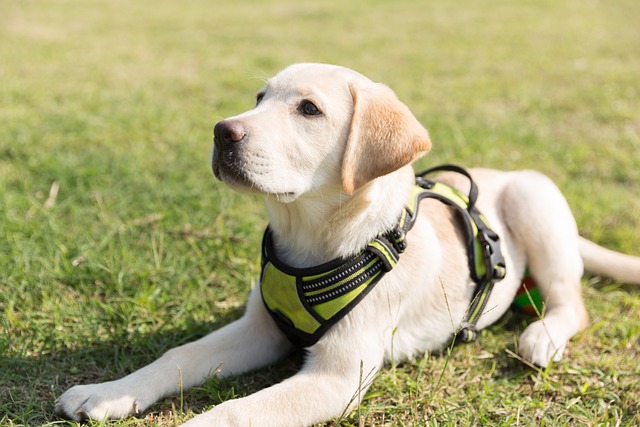
Practical prevention steps start with vaccination. While the Bordetella vaccine isn’t legally required like rabies shots, most kennels, groomers, and daycares mandate it because it reduces severity and spread. Ask your vet about the best schedule—some vaccines last 6 months, others a year. When visiting dog - friendly places, avoid overcrowded areas if possible, especially during peak times. Bring your own water bowl and toys to reduce contact with shared items. After playdates or visits, wipe your dog’s paws and face with a damp cloth to remove potential germs. If your dog does get kennel cough, keep them home from social activities until a vet clears them (usually 1–2 weeks) to avoid spreading it.
In the US, responsible pet ownership ties into this. Keep your dog current on core vaccines like rabies, required by all states, as a healthy immune system fights infections better. When walking, always carry waste bags—cities like San Francisco fines owners $250 for uncollected waste, and good hygiene extends to preventing germ spread too. Culturally, never scold a dog with kennel cough for coughing—it’s involuntary. Offer comfort instead, like a quiet resting spot, and use positive reinforcement when they take medicine, building trust during recovery.
For apartment dwellers, keep a sick dog in a well - ventilated room away from other pets. Inform neighbors if coughing is loud, and avoid early morning or late - night walks until they’re better. In communities, being transparent about your dog’s health shows respect for other pet owners.
Remember, kennel cough is common but manageable. With prevention and care, your dog can stay healthy and social.

If you’ve ever stood in the pet store, staring at a wall of dental chews while wondering if they’re worth the money, you’re not alone.
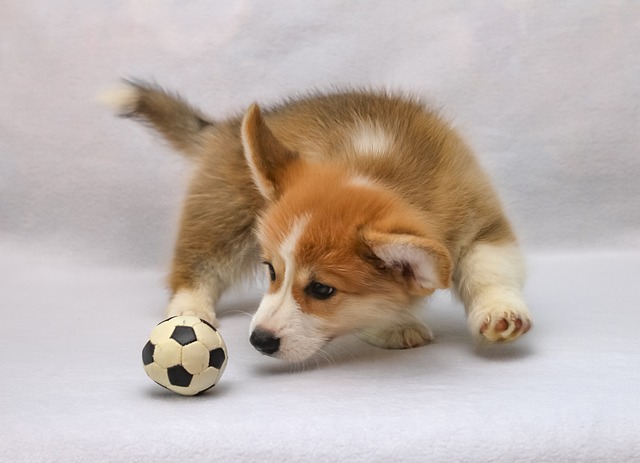
Walk down any pet store aisle, and you’ll see shelves lined with dental chews—colorful, bone-shaped treats promising to clean teeth and freshen breath.
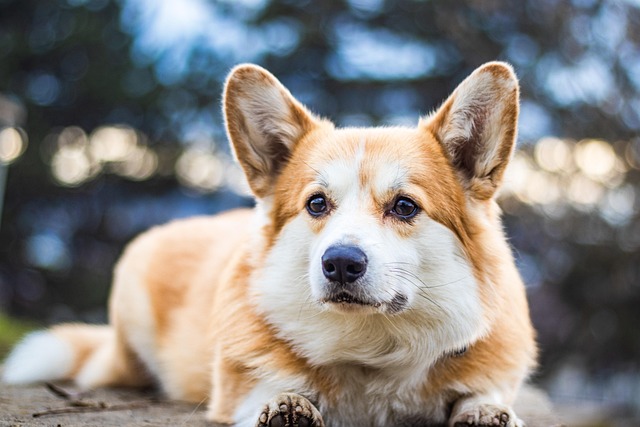
If you’ve ever struggled to brush your dog’s teeth—dodging wiggly heads, slobbery paws, or the occasional playful bite—you’ve probably wondered about easier alternatives.
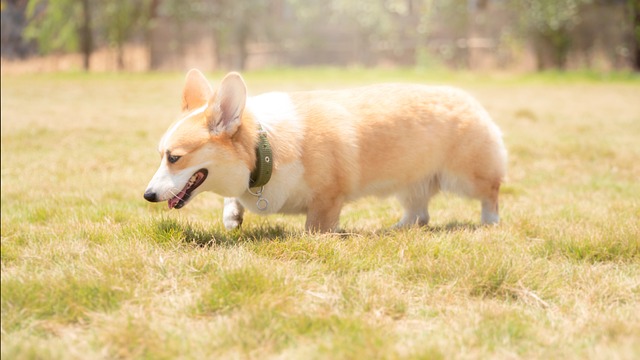
Finding your dog lethargic, with dry gums and sunken eyes, is enough to make any new pet owner panic. Dehydration creeps up fast
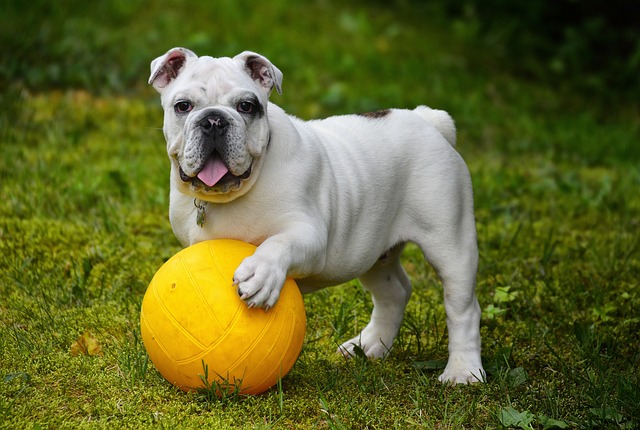
Watching your golden retriever scratch his ears raw after meals or sprint to the backyard with digestive urgency turns dinnertime into a nightmare.
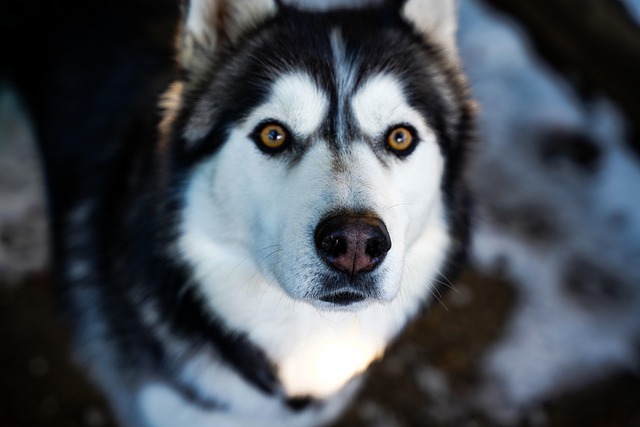
There’s something undeniably captivating about a husky’s gaze, and when those eyes are a rich shade of brown, it’s like stumbling upon a hidden gem.